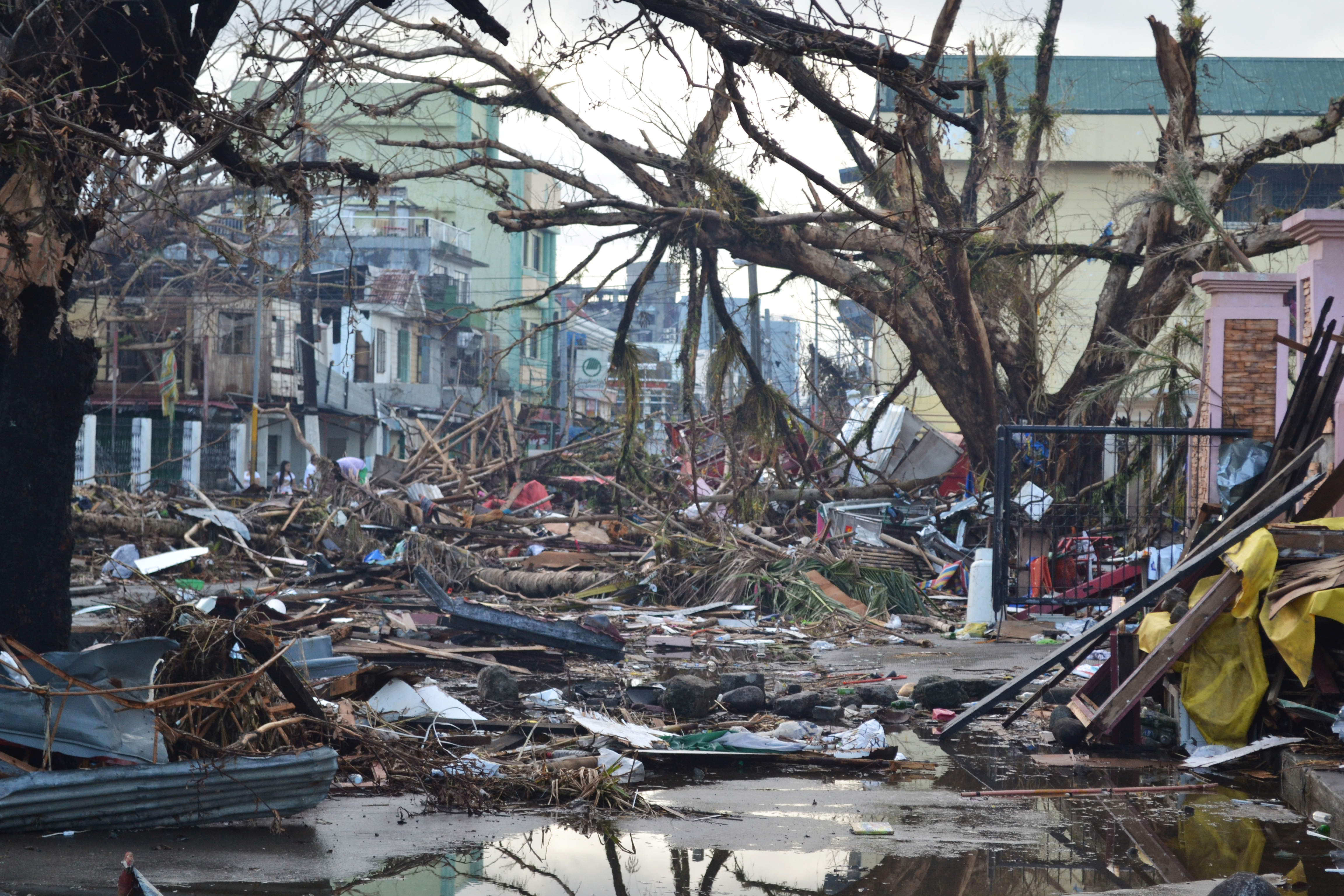
The Philippine Coconut Authority (PCA), an attached agency of the Department of Agriculture (DA), hastens the massive rehabilitation program of coconut industry in areas affected by Super Typhoon Yolanda that struck the country November last year, which includes Coconut Timber Disposal and Utilization (CTDU), Coconut Planting/Replanting with Cash for Work (CFW) incentives, Coconut Fertilization, Coconut Intercropping and Livestock Dispersal.
Under the CTDU, a total of 940 chainsaws and five (5) sawmills were already purchased and are continuously being deployed to process coco lumber out of fallen trees.
For the coconut planting/replanting component, a total of 2,432,224 coconut seedlings were already purchased and are continuously being delivered to areas devastated to replace the uprooted and damaged coconut trees. In every hectare is planted with 192 coconut seedlings in coastal and inland upland areas, for which a farmer be paid P3000.00 as part of the cash for work program. For inland flat areas, coconut farmers will also be paid P3000.00 for every 100 coconut seedlings planted per hectare.
In a report to Agriculture Secretary Proceso J. Alcala, PCA Administrator Euclides G. Forbes said the project also introduces a new planting scheme wherein three (3) seedlings would be planted in a triangular pattern, two (2) meters apart from each other and 10 meters between clusters. He noted that this alternative planting scheme is recommended by the industry experts and was tested in Aurora.
Under the coconut fertilization component, 95,000 bags @ 10 kilograms and 87,630 bags @ 50 kilograms of fertilizers were already purchased. Application of inorganic fertilizers aims to facilitate the recovery of slightly and moderately damaged coconut trees which normally take about two to three years to regenerate.
As to intercropping and livestock component, 120,000 packs of vegetable seeds and 100 MT of mung bean seeds were already purchased and are continuously being distributed to coconut farmers to augment their income, enhance food supply and mitigate hunger. Five (5) units of tractor with 90 HP with implements (disc plow, trailing harrow, rotavator and 5 tons trailer) were also purchased to help in intercropping.
“We are working hand-in-hand to rapidly implement our measures to revive the coconut industry in Visayas region and build resilience to future disasters,” Forbes said.
Initially, Malacañang released a P2.8 billion budget to PCA for the rehabilitation of coconut farms, among the hardest hit by Yolanda.
Press release courtesy of Thelma Tolentino, Coconut Media Service. 31 March 2014.